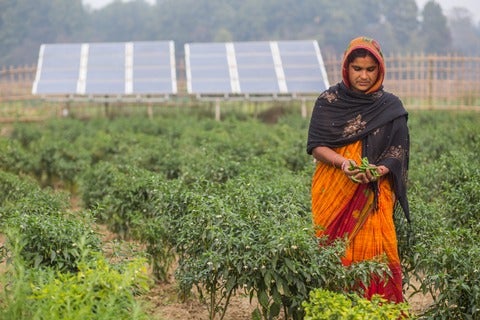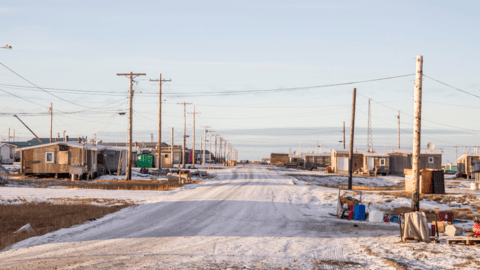Dustin Garrick co-leads study of potential and pitfalls of solar-powered groundwater irrigation
The number of solar-powered water pumps is increasing in lower and middle income countries. While the technology presents important opportunities to mitigate greenhouse gas emissions, an article published in Science co-led by SERS professor Dustin Garrick suggests that anticipated emissions reductions are complex to calculate and solar pumps are likely to increase groundwater depletion as farmers gain access to cheap, clean energy.





